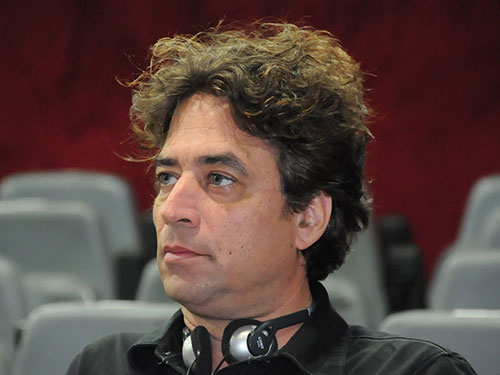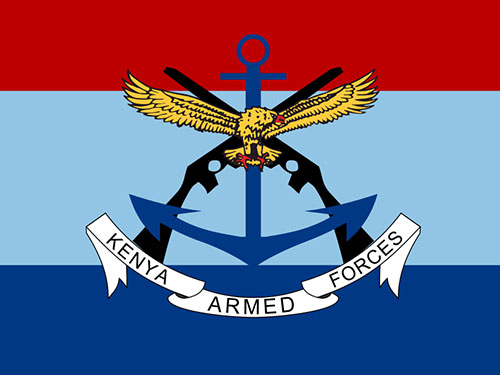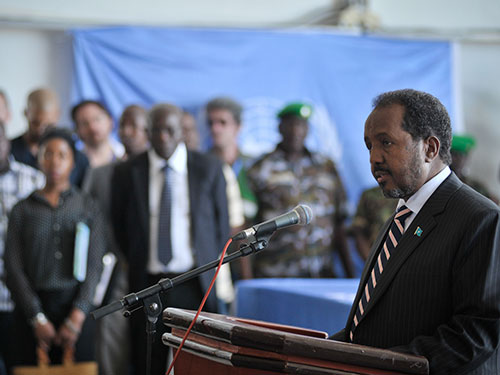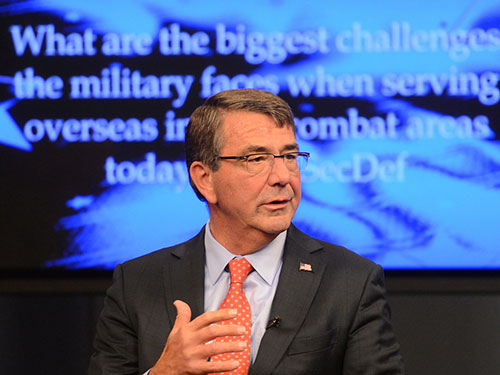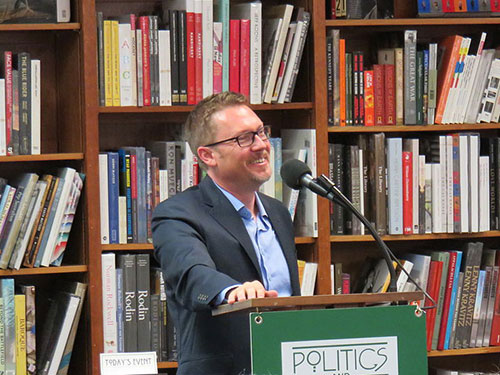
This interview was originally published by E-International Relations on 18 October, 2015.
Charles King is Professor of International Affairs and Government at Georgetown University, where he also serves as chair of the Department of Government. He previously served as chair of the faculty of Georgetown’s Edmund A. Walsh School of Foreign Service, the country’s premier school of global affairs. King’s research has focused on nationalism, ethnic politics, transitions from authoritarianism, urban history, and the relationship between history and the social sciences. He is the author or editor of seven books, including Midnight at the Pera Palace: The Birth of Modern Istanbul (W. W. Norton, 2014); Odessa: Genius and Death in a City of Dreams (W. W. Norton, 2011), which received the National Jewish Book Award; and The Ghost of Freedom: A History of the Caucasus (Oxford University Press, 2008), which was named “History Book of the Year” by the Moscow Times.

